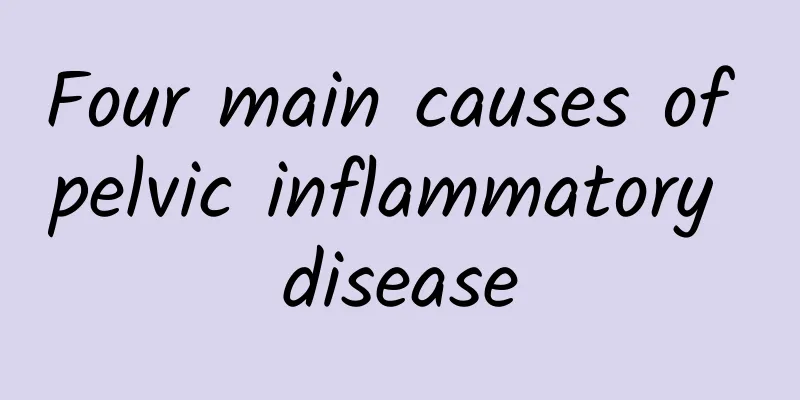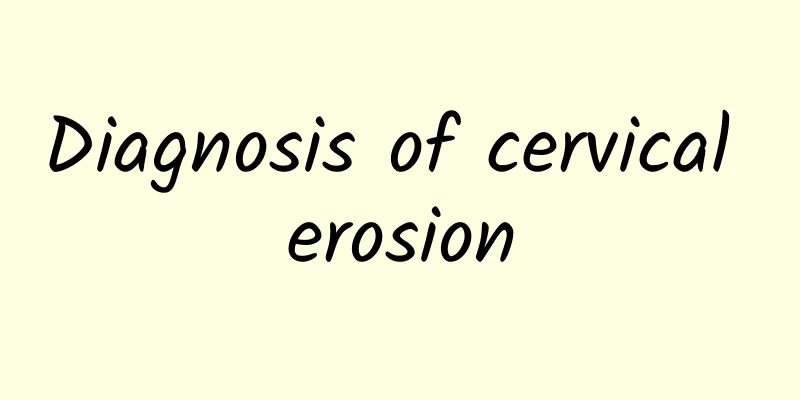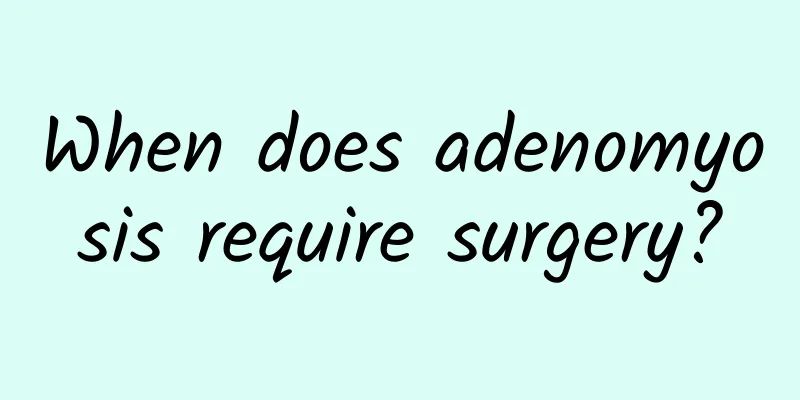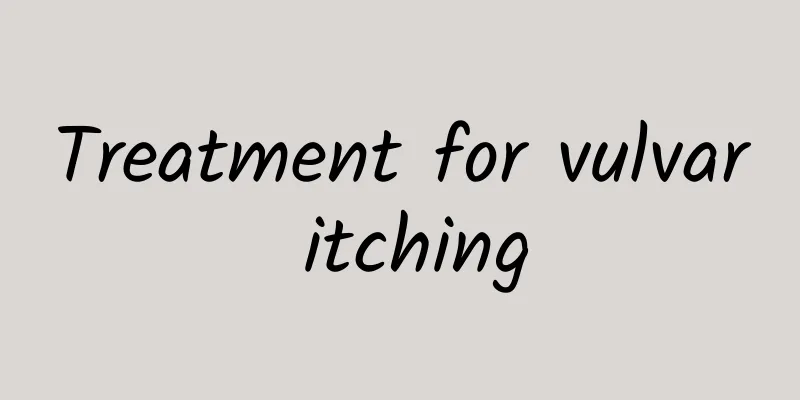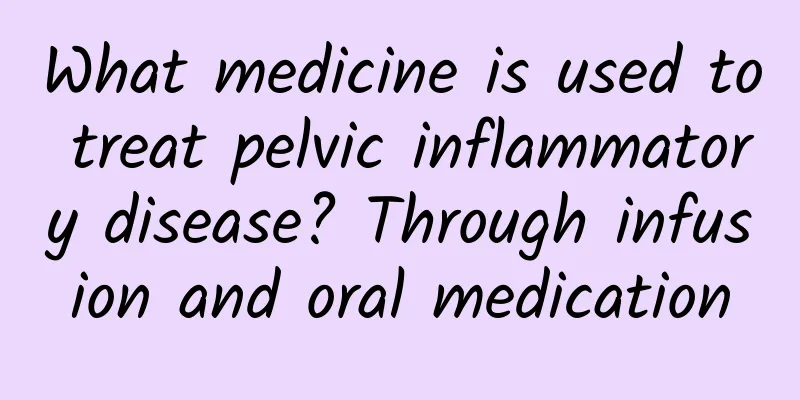What are the dangers of uterine cysts?
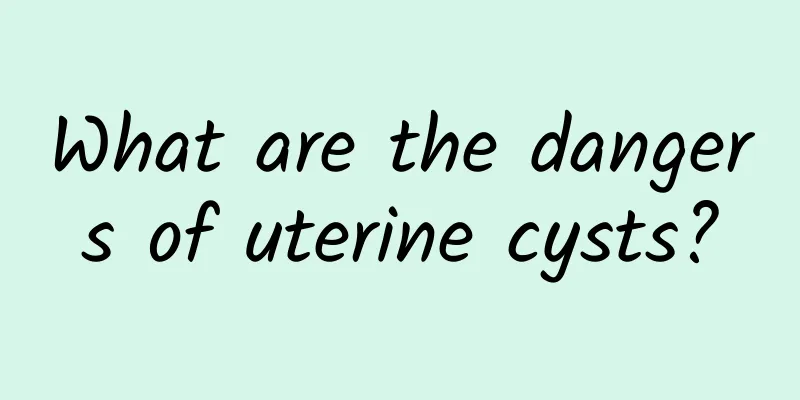
|
Uterine cysts may have a variety of effects on women's health, and it is necessary to pay attention to their potential harm. Uterine cysts may cause irregular menstruation, dysmenorrhea or abnormal bleeding, which may affect women's daily life and psychological state. Larger cysts may compress surrounding organs and cause urination difficulties or constipation. In some cases, especially when the cyst ruptures or becomes infected, it may cause acute abdominal pain or pelvic inflammation, which requires immediate medical attention. It is also important to note that although most uterine cysts are benign, some may become malignant or lead to the development of other pathological conditions, so regular medical examinations are key. From the perspective of etiology, uterine cysts may be related to genetic factors, endocrine disorders, chronic infections, and endometriosis. Environmental factors such as eating habits and environmental pollution may also affect the formation of cysts. For small, asymptomatic cysts, doctors may recommend regular observation, but if the cysts are large or cause symptoms, medication or surgical intervention may be required. Medication includes hormone therapy, such as the use of oral contraceptives, ovulation-inducing drugs, and anti-inflammatory drugs to relieve symptoms and inhibit cyst growth; surgical options may include laparoscopic surgery, open surgery, or cyst removal, depending on the nature of the cyst and the patient's health. From the perspective of etiology, uterine cysts may be related to genetic factors, endocrine disorders, chronic infections, and endometriosis. Environmental factors such as eating habits and environmental pollution may also affect the formation of cysts. For small, asymptomatic cysts, doctors may recommend regular observation, but if the cysts are large or cause symptoms, medication or surgical intervention may be required. Medication includes hormone therapy, such as the use of oral contraceptives, ovulation-inducing drugs, and anti-inflammatory drugs to relieve symptoms and inhibit cyst growth; surgical options may include laparoscopic surgery, open surgery, or cyst removal, depending on the nature of the cyst and the patient's health. In daily life, women can prevent and monitor uterine cysts through regular gynecological examinations, a proper diet and a healthy lifestyle. Reducing fat intake and increasing fiber and vitamin intake can help regulate hormone levels in the body. At the same time, regular exercise can improve the body's immunity and help resist the risk of chronic diseases. If persistent abnormal symptoms occur, you should seek medical attention in time and receive professional evaluation and treatment advice. Keeping an open mind and maintaining good communication with your doctor are important steps in dealing with problems related to uterine cysts. |
<<: What are the causes of uterine cysts?
>>: How to relieve the pain of my girlfriend's menstrual cramps without medication
Recommend
What are the consequences of bilateral ovarian cysts?
What happens if you have bilateral ovarian cysts?...
How to use medicine for pelvic inflammatory disease? There are many precautions
There are many things to note when using drugs to...
How to care for bacterial vaginosis during pregnancy
Vaginosis is a common gynecological disease nowad...
What tests are needed for acute vaginitis
What tests are needed for acute vaginitis? Examin...
Pregnancy complicated by ovarian cysts is a cause for concern
Jiali is 25 years old and will soon be a mother. ...
Anemia in women is caused by multiple uterine fibroids.
Many diseases themselves are highly hidden, or in...
Can I still get pregnant if I have premature ovarian failure with stem cells?
Stem cell therapy may help women with premature o...
Can endometrial thickening be cured?
Endometrial thickening is also known as endometri...
Should I have surgery for an ovarian cyst of 49 cm?
Should an ovarian cyst of 49 cm be operated on? W...
Can I drink He Xiang Zheng Qi Liquid if I have constipation 24 days after ectopic pregnancy surgery?
If you suffer from constipation 24 days after ect...
To create a six-pack, first train your rectus abdominis! Fitness coach teaches 3 abdominal crunch exercises, beginners can quickly get started
Girls want to exercise, but they are afraid of be...
How to treat severe cervical erosion in women? Do women know what cervical erosion is?
How to treat severe cervical erosion? Cervical er...
Satisfy your desire to eat but fear of getting fat! Muffins, pasta, cookies, low-calorie, high-protein delicacies are easy to make
The petite girl PeiPei is not fat, but because of...
3 dietary treatments to help treat pelvic inflammatory disease
When the female pelvic reproductive organs and th...
Characteristics of ovarian cysts
Characteristics of ovarian cysts: Ovarian cysts i...

